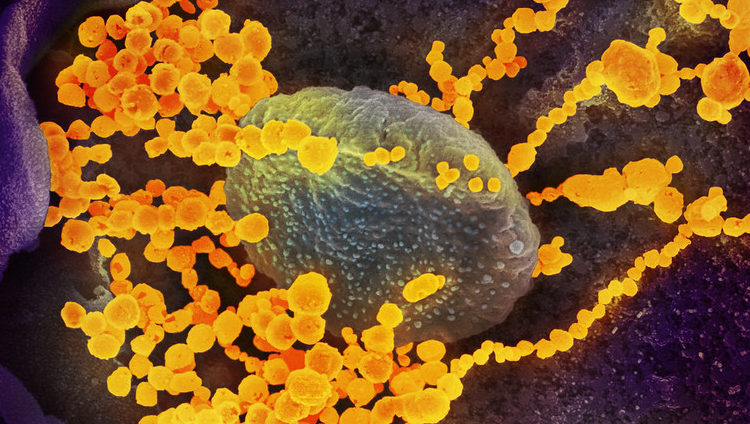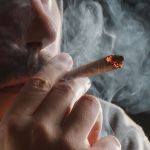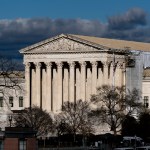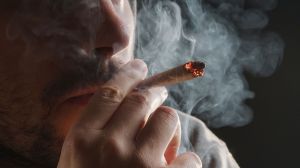Nassau County will hold a public hearing Monday to discuss local agencies’ preparedness for the possibility that coronavirus cases may soon be confirmed on Long Island.
County legislators will hear from the Nassau’s Office of Emergency Management, Department of Health, and members of the public to ensure that Nassau has adequate staffing, resources, procedures, and protocols in place to contain and prevent a potential spread of the virus.
“We want to get the information out to the public that 1, Nassau County is prepared for the public and 2, that we can do what we can as legislators to help the county with its preparedness,” said Nassau County Legislator Steven Rhoads (R-Bellmore).
This announcement came after the first coronavirus case in New York State was confirmed in Manhattan on Sunday and a second case was confirmed Tuesday in Westchester County.
Last week, Nassau officials announced that 83 people were being monitored for possible coronavirus exposure and six people who had been tested were negative. Suffolk County was monitoring 29 people.
Amid fears of the virus potentially turning into a pandemic, misinformation about the disease, such as possibly getting it from Chinese restaurants and Corona beer, have spread.
“We don’t want our businesses to be hurt, we don’t want travel to be hurt,” said Legislator Rose Walker (R-Farmingdale). “People should go about their lives as normal as they can, [but] just like any situation do the right things to be preventive and make sure we stay on top of things.”
The U.S. Centers for Disease Control and Prevention (CDC) have laid out some tips to prevent the spread of Coronavirus such as washing hands with soap and water for 20 seconds, staying home when sick, sneezing into tissues, avoiding close contact with people who are sick, and cleaning and disinfecting frequently touched objects and surfaces using a cleaning wipe or spray.
The CDC does not recommend people who are not sick to wear face masks, but they do recommend face masks for individuals who show symptoms so that the disease can not spread.



























